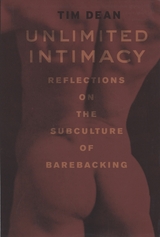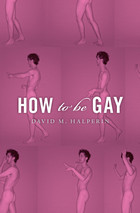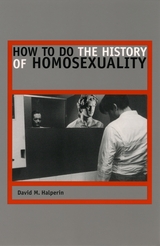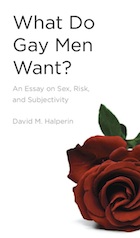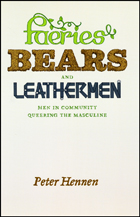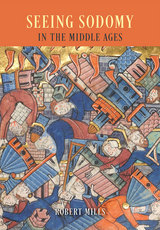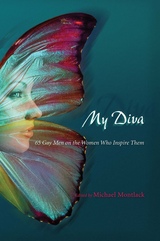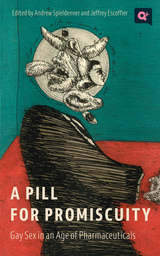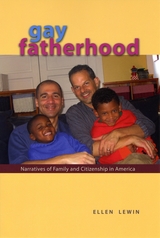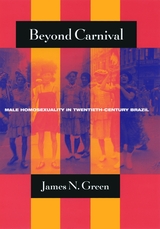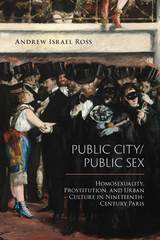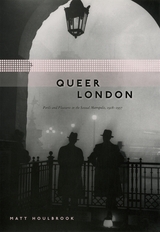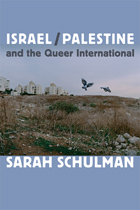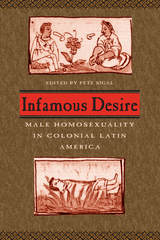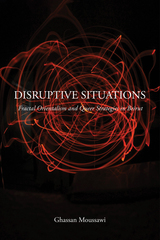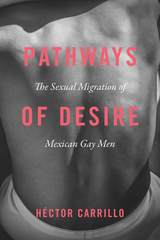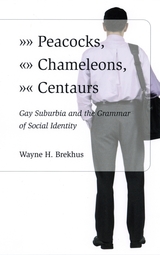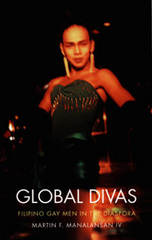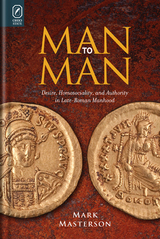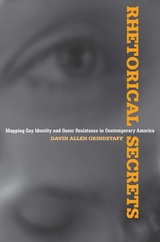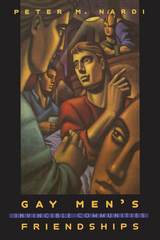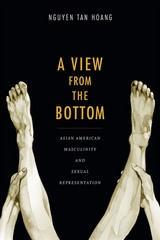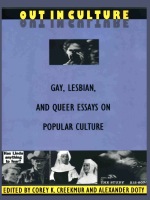"Al-Shulman has written an honest, warm, and moving book. This is a book about how the political heart expands to encompass the rights of queers and the rights of Palestinians, the rights of you and the rights of me, the rights of individuals and the rights of collectivities. This vision is neither stingy nor utopian, but deeply realistic. A must-read."—Vijay Prashad, author of Uncle Swami: South Asians in America Today
"This is a great book, brave, and compassionate. A journey of discovery, a coming of age, and more important, a search for justice. Our world is a better place for its existence. Read it, please."—Rabih Alameddine, author of The Hakawati
"This is an extraordinary, challenging, and moving book. It is both an honest account of the work Sarah Schulman had to do to allow the full reality of the occupation of Palestine to be registered in her consciousness, and a story—told firmly yet gently, with patience and care—of the shared labor of building activist worlds on occupied grounds. We embark on a journey with Sarah Schulman and many other activists, from Palestine, the U.S. and beyond, as they persist in the effort to make the liberation of Palestine essential to queer politics. We follow their footsteps, we trace the paths; we hear the conversations; we share the meals. If activism involves hard often painstaking work, if it involves mundane and ordinary tasks, we learn that it can also create connections that nourish and sustain. I hope this book becomes a teacher. I hope we join the invitation to become part of a new queer international where liberation for all is the common goal."—Sara Ahmed, author of On Being Included: Racism and Diversity in Institutional Life
“Solidarity, reciprocity, and recognition here reinforce each other, broadening the range of human rights that each movement affirms. The queer activist learns about colonialism and the anti-occupation activist learns about feminism. It is a remarkable testament to the value of the risk that Schulman ran in agreeing to deny her lesbian and gay constituency in Israel in favour of a broader human rights agenda in which their rights too might find validation and defence.”
-- Gerry Kearns Dubin Review of Books
“Written with verve and grace, Israel/ Palestine and the Queer International is eye-opening, courageous, investigative, an activists’ how-to manual, and a shining example of the best in contemporary gay liberation thinking of the sort we have come to expect from Sarah Schulman. The book is by turns hard-headed (in the best sense), clear-sighted, and tender and moving.”
-- Doug Ireland Gay City News
“[A] provocative argument against Israel’s recent attempt to market itself as a gay tourist destination. . . . [H]er skepticism regarding power is bracing. Schulman not only upends many of her own unquestioned assumptions, she also clarifies the connection between seemingly innocuous acts, like an effusive travel-section article extolling Tel Aviv’s gay-friendly cafes, and imperialism, racial prejudice and class struggle.”
-- Raymond Simon Philadelphia Weekly
“[Schulman] eloquently and cogently describes how her awareness and transformation happened. She presents interesting stories about the queer Palestinians she meets, and bonds with, including anti-occupation activists, as well as details about the unique coming-out process for Palestinians.”
-- Gary Kramer Philadelphia Gay News
“Schulman offers an honest and unflinching look at her step-by-step process for challenging her own biases. It's courageous work, and something we don't see nearly enough of, especially when it comes to hot-button issues.”
-- Kel Munger Colorado Springs Independent
“Schulman’s ‘willful ignorance regarding Israel and Palestine’ is both acknowledged and interrogated through her own self-questioning and activism in this concise yet powerful activist-roman. . . . Is homonationalism the activist’s cry of the 21st century? Are you ready to interrogate your privilege? It is this call to acknowledge and interrogate our privilege and our ignorance that concludes Schulman’s fine work. . . .”
-- Marcie Bianco Lambda Literary Review
“Schulman’s greatest strength in this moving accuont of her politicization around Palestine is her personal exploration of how Jewish historical trauma is linked to the Israeli oppression of Palestinians. . . . This powerful narrative will be particularly helpful for folks struggling to understand the intersection of Jewish identity, queerness, and anti-occupation work.”
-- Wendy Elisheva Somerson Bitch
“A great introduction to the Israeli occupation of Palestine, and to the role of queers in that struggle. Schulman offers a thoughtful, if somewhat uneven, presentation of the relationship between the two struggles, the impact of identity politics, and the devastation caused by colonialism and nationalism. She has generously taken us on her journey of self-examination and inspires others to do the same.”
-- Jody Raphael Women's Review of Books
"Israel/Palestine and the Queer International offers an insightful, critical and personal interpretation of the issues surrounding movements to divest from Israel, boycott Israel’s official economy and draw attention to Israel’s supposed pinkwashing. As always, Schulman’s writing is sophisticated, intelligent and yet accessible."
-- David Gorshein Journal of Modern Jewish Studies
“I am hopeful that Schulman's book can help more queer folks understand the link between queer issues and Palestine solidarity, as well as how to combat pinkwashing efforts. This book can help us learn how to respond to arguments that use the concepts of dialogue, discrimination, and diversity to promote a narrow vision of gay rights aligned with state rights. By insisting on a power analysis as part of her critique of global politics, Schulman demands that we consider who is being excluded when we focus on the ‘safety’ and ‘rights’ of some LGBT folks without linking these rights to anti-colonial struggle.”
-- Wendy Elisheva Somerson Tikkun

